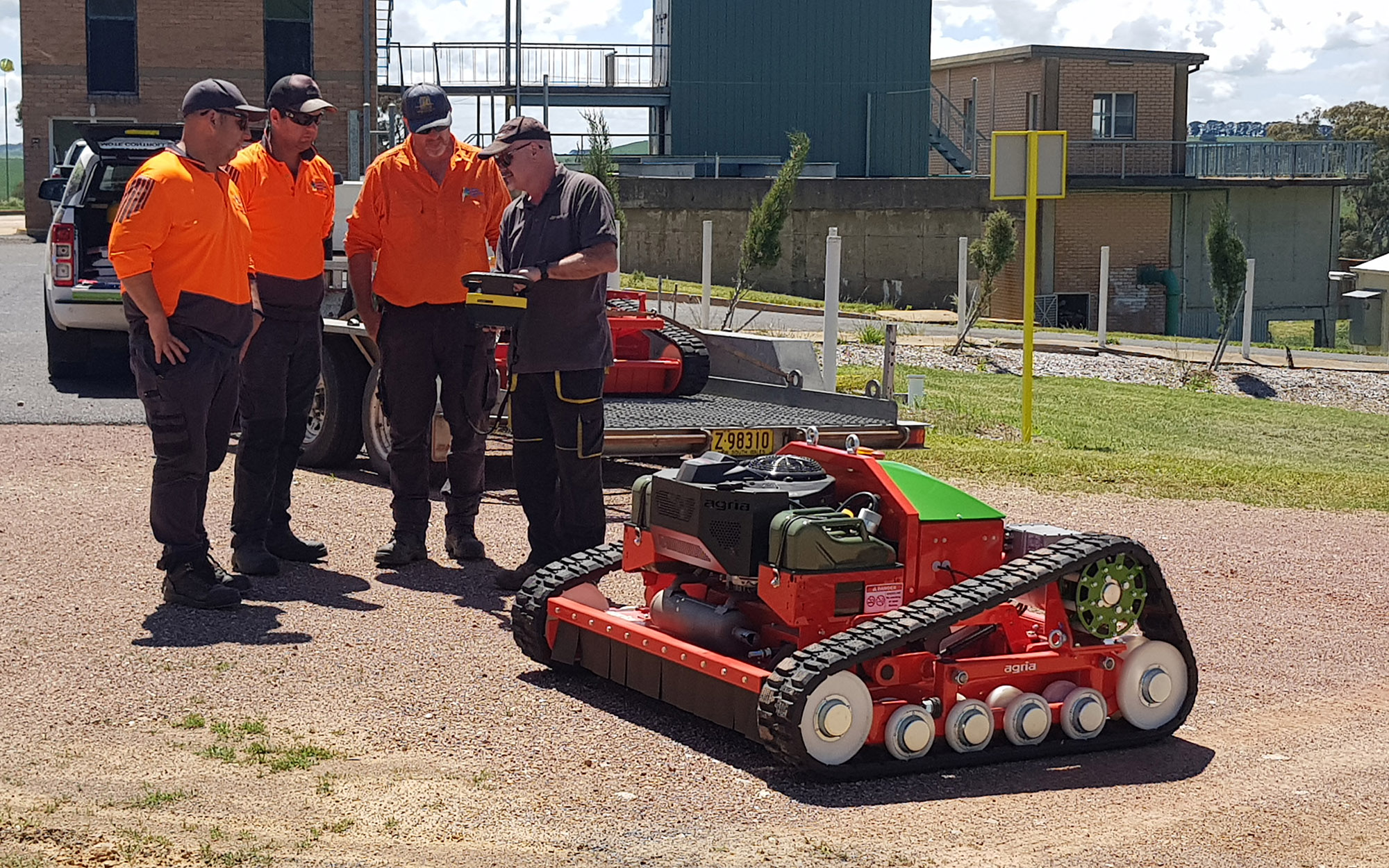Water workforce composition survey
Thank you to all the local water utilities that participated in the water workforce composition survey in 2024 to help us build a picture of your industry and support future resourcing. This was the first survey of its kind in NSW.
We collected data about staffing, skills, available positions and remuneration and workforce planning.
We are pleased to share the results with you.

The large copy of the snapshot is also available for viewing.
Download the snapshot (PDF. 454KB)
Report
Read the full NSW Local Water Utility Workforce Composition Report to understand the workforce needs of LWUs across the state.
Download the report (PDF. 7,790KB)The next survey will take place in 2026 to establish trends and monitor data over time.
View the survey questions (PDF, 715.27 KB) that were sent to all LWUs.
To stay up to date with surveys and other information for LWUs, please subscribe to our monthly LWU newsletter.
Feedback on competency benchmark for water operators
Thank you to everyone who made a submission or completed the survey to give feedback on the Competency benchmark for local water utility operators in NSW – Consultation paper PDF, 1503.22 KB
Submissions have now closed. We are analysing feedback and will publish a report on what we heard.
To stay up to date with the competency benchmark, please subscribe to our monthly LWU newsletter.
Workforce and training analysis
Skilled and competent operators are vital to provide essential water and sewerage services in regional NSW and to managing drinking water quality. Currently there is a critical shortage of formally trained water operators in NSW.
To better understand these shortages, the Town Water Risk Reduction Program commissioned an analysis of the NSW water operations workforce and its access to training. A summary report (PDF, 420.89 KB) of the analysis published in September 2022 provides much-needed baseline data for use and further development by the local water utility and training sectors and government partners.
Water operations skills and training action plan
The Town Water Risk Reduction Program is working in partnership with Training Services NSW, the training sector, and the water utility sector to address both training supply and demand challenges.
Action plan
Our water operations skills and training action plan aims to address these challenges to increase skills of existing operators, attract more operators into the sector and increase employment and jobs in regional NSW.
Download the action plan (PDF. 506KB)National approach to water operations training materials
Water utility workforce, skills and training shortages exist across Australia. A major barrier to RTOs supplying training in the water operations training market is the high cost of developing teaching, learning and assessment materials consistent with the National Water Training Package. The draft action plan includes an action to reduce this cost barrier by developing high quality training materials and making them available to all RTOs. In consultation with water and training sector stakeholders, we have set out a case for a national approach to water operations training materials (PDF, 615.91 KB) and are discussing it with state, territory and national governments to gain their support.
Projects and pilots from Phase 1
Water operator training needs assessment for Orana Water Utilities Alliance
We are funding this pilot to support the 11 far west water utilities in the Orana Water Utilities Alliance to identify their training needs across their water business, including catchment or source water provision, water and wastewater treatment and all networks. This will enable each utility to identify the specialist skills and training needed for the utility to reliably provide essential water services to their communities.
The outcomes of the pilot will enable the Alliance to easily identify a training pathway for the critical skills shortages in the Far West region and engage a registered training provider to tailor a program that addresses their specific needs.
As an outcome of this pilot project, resources such as generic professional role descriptions and training and skills required for supervisors, operators, and relief operators, will be made available to all water utilities in regional NSW to assist with workforce planning.
